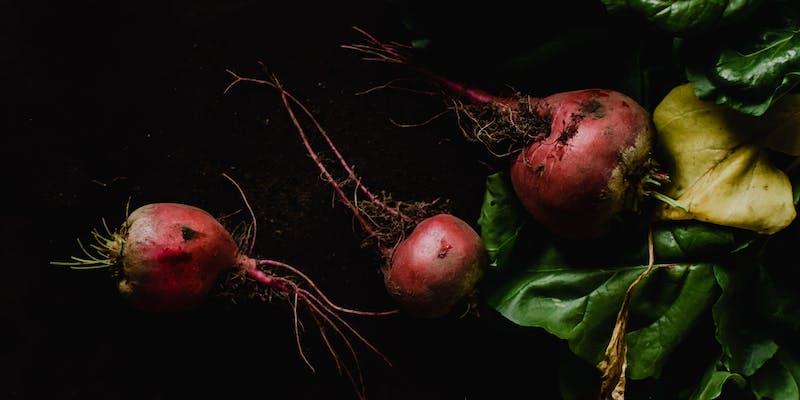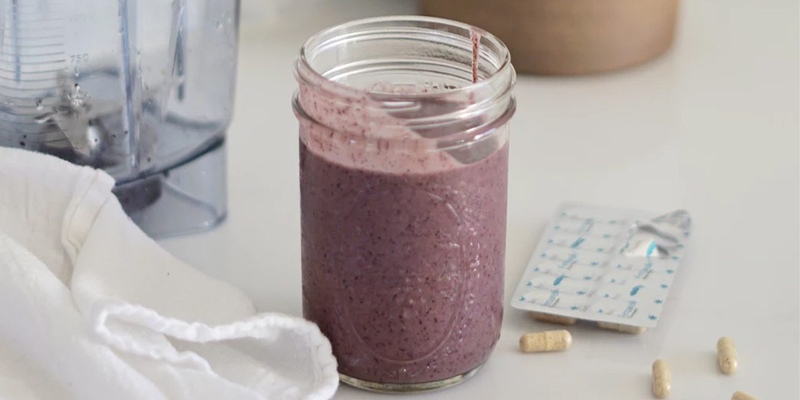Dangerous quantities of pollution have reached the air we breathe. Professionals recommend that individuals stay inside and avoid vigorous physical exertion. Experts expect pollution incidents to continue for many years. International air pollution is worrisome, notably in Delhi, India, and New York. Patients without previous respiratory concerns are being seen in hospital emergency rooms. In the meantime, as governments worldwide work to improve air quality, we'd provide some dietary suggestions with a list of food good for lungs that may help you fight pollution.
8 Foods You Must Take For Healthy Lungs
Turmeric
The chemical curcumin found in turmeric is responsible for its anti-inflammatory effects. It is useful for preventing pollution's harmful effects on the lungs. Try consuming a turmeric and ghee combo to alleviate air pollution-related coughing and pulmonary discomfort. Make a paste of turmeric, jaggery, and butter; even better, boil some turmeric with some warm milk and drink it every night before bed.
Spinach
The immune-boosting properties of spinach may be attributed to its beta-carotene, zeaxanthin, lutein, and chlorophyll content. Chlorophyll, the plant's pigment, gives spinach its verdant hue and acts as an antioxidant and anti-mutagenic. Its anti-cancer effects are particularly potent when applied to the lungs. Beyond the advantage of this food good for lungs, the magnesium in spinach gives you the immune system you need to fight against pollution. Their lungs are relieved of the strain produced by the pollution. On top of that, it facilitates airway articulation in the lungs.
Flaxseed
The phytoestrogens and omega-3s in flaxseed are plentiful. Phytoestrogens' antioxidant properties reduce asthma and lung allergy symptoms. Omega-3 fatty acids support the cardiovascular system and reduce pollutants. Flaxseed may be added to salads and smoothies or roasted for a healthy snack. Walnuts, eggs, salmon, and soybeans provide omega-3s.
Tomatoes
Tomato antioxidants, including beta-carotene, vitamin C, and lycopene, reduce airway inflammation reducing respiratory difficulties. Lycopene, an antioxidant, helps the body battle respiratory issues and other disorders by maintaining a healthy free radical level. Tomatoes also contain beta-carotene, which is believed to delay the aging of the lungs. Researchers found that the rate of natural lung function decreased in persons who consumed more than two tomatoes daily.
Beets

Beets and greens are food good for lungs and help improve lung function and respiratory health. Scientific studies show that they lower blood pressure and optimize oxygen intake, helping those with breathing issues.
Beet nitrates dilate blood arteries and lower blood pressure. This vasodilation increases blood flow and helps in improving oxygen supply and respiratory efficiency. Beets are rich in magnesium and potassium, which strengthen the lungs. Muscle function, particularly breathing, depends on these minerals.
Broccoli
To protect ourselves from the harmful effects of pollution, several nutritionists and health professionals recommend eating broccoli daily. Broccoli eaters eliminated air pollution pollutants in their stools. This is because sulforaphane, a component found in broccoli, has anti-carcinogenic properties. When we take this, the bowels can excrete larger concentrations of the carcinogen benzene. In addition, broccoli's high vitamin C content strengthens our immune systems. Broccoli has 89 grams of vitamin C per 100 grams, higher than many citrus fruits. The vegetable has several antioxidants and is a good source of beta-carotene.
Apples
Researchers have shown that apples may slow down lung decline and potentially mitigate smoking-related lung damage because of the antioxidant quercetin. Those who consumed five apples or more of this healthy lungs food weekly also had a lower chance of acquiring the chronic obstructive pulmonary disease.
Pumpkin
Pumpkins are a great source of many plant components that are healthy lungs food; their vibrant flesh is only one example. Carotenoids, such as zeaxanthin, beta carotene, and lutein, are abundant in these foods and are known for their anti-inflammatory and antioxidant effects.
Both younger and older people are linked to greater lung function when their blood levels of carotenoids are higher, according to studies. Eating more carotenoid-rich foods, such as pumpkin, may greatly help smokers. Tobacco use is associated with a decrease in lung health because smokers may have antioxidant carotenoid concentrations that are 25% lower than nonsmokers.
Foods You Should Avoid

White Bread
Simple carbs, especially white bread, should be avoided for lung health. Simple carbs cause quick blood sugar rises, requiring more respiratory work during metabolism. Respiratory patients may struggle with this metabolic load. Using whole-grain bread is healthier for your lungs. The body gets consistent energy from whole-grain and complex carbs. This boosts energy and minimizes lung metabolic load.
Salty Foods
Excess sodium consumption can cause fluid retention and shortness of breath, especially in people with lung disorders. The salt shaker is a visible source of sodium, yet processed and packaged meals account for most sodium intake.
Avoid salty spices and check store-bought goods for sodium to reduce sodium intake and respiratory health issues. Reading food labels for healthy lungs food is crucial. When salt consumption exceeds 300 milligrams per serving, respiratory health suffers.
Soda
Lung disease patients may have trouble drinking soda. The carbonation in soda can cause gas and bloating and is not on the list of the best food for lungs. Soda's high sugar content may cause inflammation and weight gain, worsening COPD symptoms. Soda reduction is good for respiratory health. Noncarbonated drinks, including tea, flavored water, and natural juices, may refresh without the health risks of soda. These options offer variation in flavor and reduce gas-related pain and COPD exacerbation.
Chocolate
Chocolate is enticing, but lung disease patients must consider it. First, caffeine, a stimulant, may interact with drugs or raise heart rate, which may worry respiratory patients. Lung disease patients must limit coffee to avoid unfavorable effects on drug efficacy and cardiovascular health. Chocolate is also heavy in sugar and low in nutrients. Replace it with the best food for lungs, like apples and bananas.







